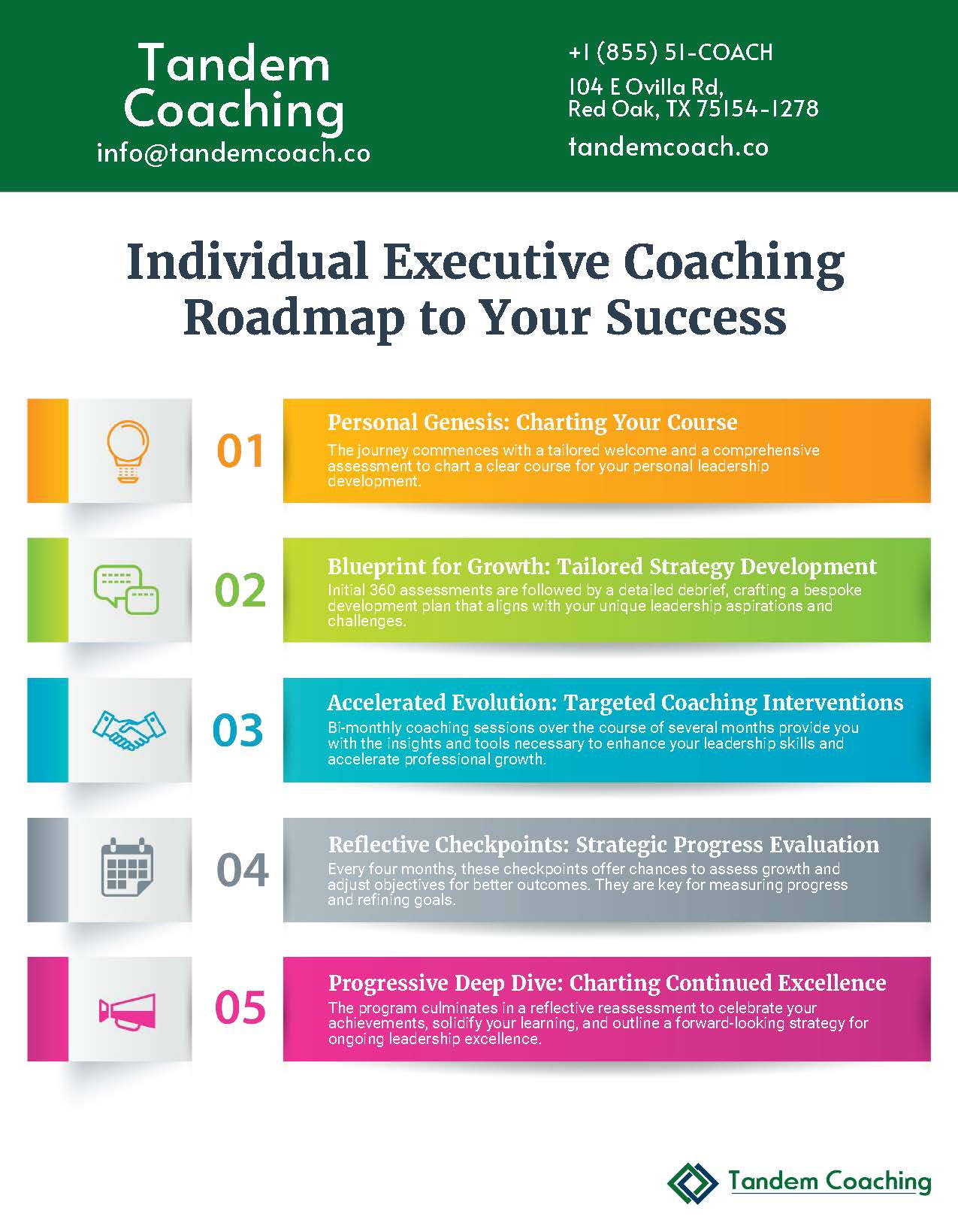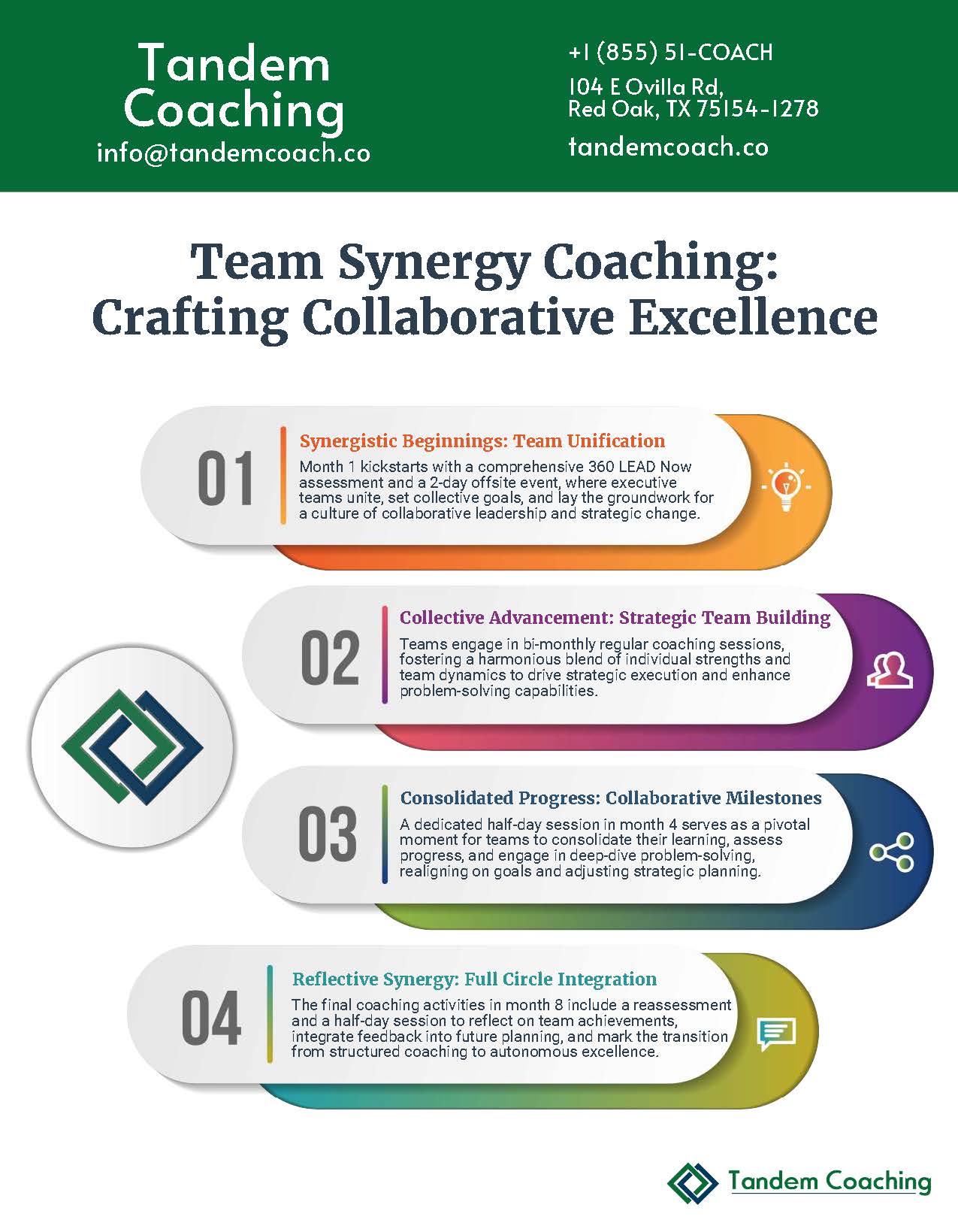TL;DR: Leadership with ADHD doesn’t have to be a solo journey. Building authentic mentorship relationships and peer support networks designed for your neurodivergent brain can transform isolation into innovation, struggle into strength, and individual success into collective impact. The key is finding connections that honor your unique patterns while providing the accountability and understanding you need to thrive.
“I think I just accidentally started a revolution,” Margaret announced as she settled into our coaching session, her eyes bright with a mix of triumph and bewilderment.
“Remember my new CFO? The one who disclosed ADHD during the interview?” She pulled out her phone, scrolling through what looked like dozens of messages. “I mentioned him in our executive Slack channel – just said something casual about how refreshing it was to work with someone who gets why I need to walk while reviewing financials. Within two hours, I had private messages from six other executives. Turns out my CMO has dyslexia, my head of engineering suspects he’s autistic, and three directors have ADHD diagnoses they’ve never mentioned.”
She looked up from her phone, something vulnerable flickering across her face. “Seven years building this company, and I had no idea I was surrounded by neurodivergent leaders. We’ve all been hiding in plain sight, exhausting ourselves by pretending to be neurotypical.”
“What’s shifting for you as you discover this?” I asked.
Margaret set down her phone, her hands gesturing animatedly as she spoke. “Everything. We had our first informal ‘neurodivergent leaders’ lunch yesterday. Just five of us, comparing notes on our workarounds and accommodations. My CMO has been secretly using voice-to-text for everything because of her dyslexia. My engineering head built an entire project management system that works with how his brain processes information. We’ve been creating all these brilliant adaptations in isolation when we could have been supporting each other.”
Over the following months, I watched Margaret transform from an isolated leader navigating neurotypical expectations alone into someone actively cultivating what she called her “constellation of different minds.” That accidental Slack revelation became the catalyst for building intentional connections – seeking out mentors who understood her wiring, creating peer support with other neurodivergent executives, and ultimately redesigning how her entire organization thought about leadership and neurodiversity.
The Hidden Cost of Going It Alone
In my coaching practice, I’ve observed a painful pattern among ADHD executives: the higher they climb, the more isolated they become. The very traits that fuel their success – unconventional thinking, intense focus, rapid innovation – can also make traditional networking feel impossible and mentorship relationships challenging to maintain.
Research on neurodivergent mentorship shows that neurodivergent students and professionals are often under-supported in their development, which can negatively impact engagement and outcomes. This continues into executive levels, where the stakes are higher and the support often even scarcer.
“I tried traditional networking groups,” shared David, a pharmaceutical executive. “But I’d either dominate conversations when my ADHD enthusiasm kicked in, or zone out completely during small talk. I always left feeling more alienated than before.”
What if instead of forcing yourself into neurotypical networking models, you could build support systems designed for how your brain actually connects?
Understanding Neurodivergent Connection Patterns
Before diving into building networks, it’s crucial to understand how ADHD affects relationship building. Through years of working with neurodivergent leaders, I’ve identified key patterns:
Intensity Over Superficiality: ADHD executives often struggle with surface-level networking but excel at deep, meaningful connections. “I can’t do cocktail party conversations,” explained Sarah, a tech executive. “But give me a real problem to solve with someone, and we’ll be bonded for life.”
Interest-Based Connection: Your brain lights up around shared passions and challenges, not just proximity or convenience. Traditional “golf course networking” might feel torturous, while a hackathon or strategic brainstorming session creates instant connection.
Inconsistent Availability: The same variability in focus and energy that affects your work also impacts relationships. You might go months without contact, then have an intense need for connection and support.
Authenticity Requirements: Masking is exhausting. Research indicates that neurodivergent individuals thrive in relationships where they can be authentic about their neurodivergence rather than constantly performing neurotypical behaviors.
The Power of Neurodivergent Mentorship
Studies on neurodivergent mentorship effectiveness emphasize that mentorship programs need to be more inclusive and responsive to the unique needs of neurodiverse employees. The most powerful mentorship relationships for ADHD executives often come from other neurodivergent leaders who’ve navigated similar challenges.
“My mentor is a dyslexic Fortune 500 CEO,” shared Robert, a healthcare executive. “Our first conversation, he said, ‘Let me guess – you’ve figured out twelve workarounds for every “simple” business process, and you’re tired of pretending it’s easy.’ I nearly cried from relief.”
Finding Your Neurodivergent Mentors
Traditional mentor-matching often fails ADHD executives because it focuses on industry and seniority rather than cognitive compatibility. Here’s how to find mentors who truly understand:
Look Beyond Your Industry: Some of the best mentorship relationships cross industry boundaries. A neurodivergent executive in manufacturing might provide better guidance than a neurotypical leader in your exact field.
“My best mentor is an ADHD chef who runs a restaurant empire,” laughed Amanda, a financial services CEO. “We speak the same language about managing chaos, creative problem-solving, and building systems that work with our brains.”
Seek Different Stages: Don’t just look up the hierarchy. Peer mentors navigating similar challenges and even junior neurodivergent professionals can offer valuable perspectives.
Virtual Expansion: Online connections can be particularly effective for ADHD executives who struggle with in-person networking demands. Virtual mentorship allows for focused conversation without sensory overload.
Structuring Mentorship for ADHD Success
Traditional monthly coffee meetings might not work for your ADHD brain. Instead, consider:
Project-Based Mentorship: “We don’t have standing meetings,” explained Thomas, describing his mentorship approach. “When I’m facing a specific challenge, I reach out for intensive problem-solving sessions. It works with my project-focused brain.”
Parallel Processing: Some ADHD executives find side-by-side activities more conducive to meaningful conversation than face-to-face meetings. Walking meetings, collaborative work sessions, or even gaming while talking can ease the pressure.
Flexible Communication: Mix modalities based on energy and availability. Voice notes for quick questions, video calls for complex discussions, collaborative documents for ongoing thoughts.
Building Peer Support Networks
While mentorship provides guidance, peer support offers something equally vital: the knowledge that you’re not alone. Research on ADHD support groups shows that group interventions are beneficial for sharing lived experiences, coping strategies, and increasing feelings of belongingness.
The Unique Value of Executive-Level Peer Support
“Regular ADHD support groups didn’t fit,” Margaret reflected. “I’d be sharing about board dynamics while others discussed homework struggles. I needed peers who understood both ADHD and executive leadership.”
Virtual peer support groups specifically for executives can provide:
- Safe spaces to discuss high-stakes failures without judgment
- Strategic problem-solving with others who think similarly
- Accountability that works with ADHD patterns
- Celebration of successes without minimizing struggles
Creating Your Support Network
Building an effective peer network requires intentionality and patience:
Start Small: “I began with one other ADHD executive,” shared Lisa, a nonprofit leader. “We met monthly for ‘chaos coffee’ – honest conversations about the beautiful mess of leading with ADHD. That grew organically into a group of six.”
Define Purpose and Structure: Successful support networks have clear purposes while maintaining flexibility. Are you focusing on:
- Strategic problem-solving?
- Emotional support and validation?
- Skill sharing and resource exchange?
- Accountability and goal achievement?
Embrace Virtual Formats: Online groups can provide flexibility crucial for executive schedules and ADHD management. They also expand your potential network beyond geographic limitations.
Support Network Mapping Tool
Use this framework to identify and build different types of support relationships:
Inner Circle: Core Support Team (3-5 people)
These are your go-to people for crisis support, major decisions, and regular check-ins. They might include:
- A neurodivergent mentor who’s navigated similar paths
- A peer facing similar challenges
- A coach who understands ADHD leadership
- A trusted colleague who “gets” your brain
Key Qualities: Deep understanding of ADHD, proven trust, accessible communication, complementary strengths
Middle Circle: Specialized Advisors (5-10 people)
These connections provide expertise in specific areas:
- Industry-specific guidance
- Functional expertise (finance, marketing, operations)
- ADHD-specific strategies (organization, communication)
- Career navigation and opportunities
Key Qualities: Specific expertise, ADHD awareness, flexible availability, mutual benefit
Outer Circle: Broader Community (10-20+ people)
This wider network provides:
- Diverse perspectives and experiences
- Casual support and validation
- Resource sharing and recommendations
- Professional opportunities and connections
Key Qualities: Shared experiences, low-maintenance connections, group interaction, inclusive environment
Navigating Common Challenges
Building support networks with ADHD presents unique challenges. Here’s how to address them:
The Consistency Conundrum
“I ghost people without meaning to,” admitted Michael, a retail executive. “I’ll have great intentions, then three months pass without contact.”
Solutions:
- Be upfront about your communication patterns
- Build relationships that survive dormant periods
- Use systems and reminders, but don’t rely solely on them
- Choose people who understand ADHD time blindness
Vulnerability and Trust
Many ADHD executives struggle with impostor syndrome, making authentic connection challenging.
“I was terrified to admit my struggles to other executives,” shared Rachel. “What if they saw me as weak or incompetent?”
Building Trust Gradually:
- Start with low-stakes shares
- Look for others who demonstrate vulnerability
- Remember that your struggles often give others permission to be real
- Focus on mutual support rather than one-way help
Managing Energy and Boundaries
Your availability for connection will fluctuate with your energy patterns and cognitive load.
Sustainable Strategies:
- Communicate your patterns openly
- Build in recovery time after intensive connections
- Mix high-energy and low-energy interaction formats
- Honor your need for processing time
Advanced Network Strategies
As your support network develops, consider these sophisticated approaches:
Cross-Pollination Opportunities
“I introduced two ADHD CEOs from my network,” shared Patricia. “They ended up partnering on a major project. Watching other neurodivergent leaders collaborate successfully reinforced that our way of thinking is powerful, not problematic.”
Creating connections within your network multiplies its value and reduces the pressure on you to maintain every relationship individually.
Reverse Mentoring
Mentoring others with ADHD can be as valuable as being mentored.
“Guiding a young ADHD executive helped me recognize my own growth,” reflected James. “Explaining my coping strategies forced me to articulate what actually works, which improved my own self-awareness.”
Professional Integration
Some executives successfully integrate peer support into their professional structures:
- Neurodivergent executive advisory boards
- ADHD leadership retreats
- Peer coaching partnerships
- Collaborative business ventures
Creating Organizational Change
Your personal support network can catalyze broader organizational transformation:
Modeling Inclusive Leadership
“When I started openly discussing my ADHD mentors and peer support, other executives began sharing their own challenges,” noted Margaret. “We’ve created a culture where seeking support is seen as strategic, not weak.”
Building Internal Networks
Many organizations are recognizing the value of neurodivergent employee resource groups. As an executive, you can:
- Champion neurodiversity ERGs
- Share your story to reduce stigma
- Connect neurodivergent employees across levels
- Advocate for mentorship programs
External Advocacy
Your network can become a force for broader change:
“Our informal ADHD CEO group has become an advocacy voice,” shared David. “We’re working together to promote neurodiversity in corporate leadership and create more pathways for others.”
Virtual vs. In-Person Dynamics
The rise of virtual connections has been particularly beneficial for neurodivergent networking:
Virtual Advantages:
- Reduced sensory overwhelm
- Flexibility for energy management
- Geographic diversity
- Easier exit strategies when overwhelmed
In-Person Benefits:
- Deeper emotional connection
- Movement-based interactions
- Immediate energy exchange
- Shared physical activities
The key is choosing formats that support your connection style rather than defaulting to traditional approaches.
When Support Networks Aren’t Enough
While peer support and mentorship are powerful, they complement rather than replace professional support:
“My peer network keeps me grounded and understood,” explained Sarah. “But I still need my coach for structured skill development and my therapist for deeper work. It’s an ecosystem of support.”
Understanding when to seek additional professional help ensures your support network remains sustainable and effective.
Your Network Revolution
What would be possible if you never felt alone in your leadership journey again? If every challenge came with a built-in brain trust of people who truly understood? If your neurodivergence became a connection point rather than an isolation factor?
The executives I’ve coached who’ve built strong support networks report transformational changes:
“I’m a better leader because I’m not pretending anymore,” Margaret told me recently. “My network doesn’t just support me – they challenge me, inspire me, and remind me that thinking differently is my superpower, not my shame.”
Building authentic professional relationships as a neurodivergent leader isn’t about overcoming your ADHD to connect “normally.” It’s about finding your people – those who speak your language, share your challenges, and celebrate your unique perspective.
Every connection you make, every authentic conversation you have, every moment of mutual support creates ripples. You’re not just building your own network; you’re contributing to a future where neurodivergent leadership is understood, valued, and supported.
What step will you take this week toward building your support network? Who might be waiting to hear that they’re not alone? How might your vulnerability become someone else’s permission to be real?
Frequently Asked Questions
How do I find mentors who understand ADHD and executive challenges?
Start by looking for neurodivergent leaders rather than just industry matches. Attend neurodiversity-focused professional events, join executive ADHD groups online, and ask for referrals from ADHD coaches or therapists who work with professionals. Don’t limit yourself to diagnosed ADHD – many successful executives have neurodivergent traits whether formally identified or not. Be open about your needs early in conversations. The right mentors will respond with understanding and often relief at being able to discuss their own experiences. Remember, the best mentor-mentee relationships involve mutual benefit and learning.
What's the difference between peer support and professional networking for ADHD leaders?
Traditional networking focuses on transactional relationships and professional advancement, which can feel draining for ADHD executives who struggle with small talk and superficial connections. Peer support, in contrast, centers on mutual understanding, shared experiences, and authentic connection around common challenges. The best peer support relationships often lead to professional opportunities organically because they’re built on genuine connection rather than forced networking. You’re more likely to maintain these relationships because they feed your need for meaningful interaction rather than depleting your social energy.
How do I maintain mentor relationships when ADHD affects my consistency?
Be transparent about your ADHD from the beginning and explain how it affects communication patterns. Choose mentors who understand neurodivergent time blindness and relationship patterns. Build in systems that work with your brain – calendar reminders, voice note check-ins, or project-based connections rather than regular meetings. Most importantly, when you do reconnect after a gap, skip the lengthy apologies and dive into meaningful conversation. The right mentors will understand that ADHD affects consistency but not commitment or value in the relationship.
Can virtual peer support be as effective as in-person connections?
For many ADHD executives, virtual support can be even more effective than in-person connections. Virtual formats allow you to manage sensory input, leave when overwhelmed, and connect from comfortable environments. They also enable connections with neurodivergent leaders globally rather than limiting you to geographic proximity. The key is creating structure that promotes engagement – video calls for deeper connection, chat for quick support, collaborative documents for ongoing dialogue. Many executives find that removing commute time and physical meeting stress actually allows for more authentic connection.
Ready to transform your leadership journey from isolated struggle to supported success? You don’t have to navigate the complexities of ADHD leadership alone. I’m here to help you build the mentorship and peer support networks that will amplify your strengths and create sustainable success.
Schedule your free consultation with Tandem Coaching Partners to explore how we can support your journey in building powerful professional connections that honor your neurodivergent leadership style.



Boost Your Leadership Team Success!
Take your leadership team to the next level and achieve great results with our executive coaching.
Learn how our coaching and ASPIRE method can change things for you—get a free brochure to begin your journey.
About the Author
Cherie Silas, MCC
She has over 20 years of experience as a corporate leader and uses that background to partner with business executives and their leadership teams to identify and solve their most challenging people, process, and business problems in measurable ways.















